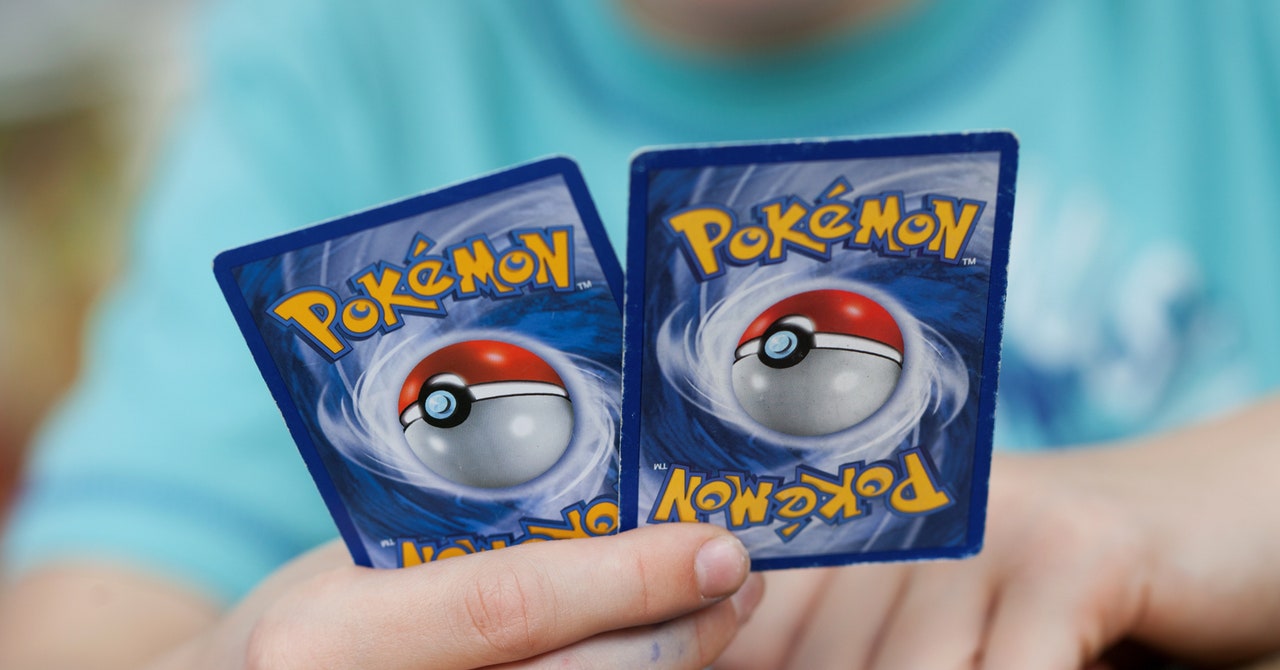In the mid-1990s, the masterminds behind Pokémon were building a powerful trifecta: a handful of role-playing adventures for Nintendoâs Game Boy, a physical card game, and an animated kidsâ TV show following the adventures of a tween and his best friend, Pikachu. It was the early days of one of pop cultureâs most beloved and enduring franchises, an intoxicating combination of cute, colorful creatures and the jingle-friendly demand to collect everything.
âGotta catch âem allâ remains a powerful mandate, even as physical media has fallen out of style. As a kid, I kept my Pokémon cards in carefully preserved laminate sleeves. Today, they live on my phone, thanks to Pokémon Trading Card Game Pocket, which lets players collect digital cards and use them to battle, just like they used to with physical cards.
Pocket, released October 30 for iOS and Android, ditches the physical binders and booster packs in favor of a slick, mobile version that can sink its fangs into your wallet faster than you can finish a match. Like Pokémon Go, a hit game that grew into a worldwide phenomenon, Pocket has legs. In its first week, the game was downloaded more than 30 million times. On Monday, it was nominated for Best Mobile Game of 2024 at The Game Awardsâa notable distinction given that itâs been available to play for less than a month.
Hype around the game is widespread, from YouTube to X to everyoneâs new go-to, Bluesky. In a video on TikTok, Kinda Funny host and producer Blessing Adeoye Jr. calls it âridiculousâ how much he enjoys playing the game, from opening packs to battling. âIâm into it to an extent where Iâm like, oh no,â he says in the video. âThey got my ass.â
Adeoye says Pocket acts as a jumping-in point that allows players to feel like theyâre experiencing the Pokémon card craze from the beginning. Because there are only three pack types available, everyone is collecting the same cards. âIt feels special to open a full-art Pikachu or a Mewtwo EX card that comes with a unique animation,â Adeoye tells WIRED. âThere’s a shared experience happening currently, which feels like what it felt like as a kid opening up your first Pokémon card packs.â
Getting lots of people into the Poké-fold is, of course, the point of Pocket. Like Go, which used the allure of a pop cultural powerhouse to get people to dip their toes into augmented-reality gaming on their smartphones, Pocketâs appeal lies in taking some part of that â90s fandom and putting it in your palm. Go wants you to catch your own collection of little monsters; Pocket wants you to replicate the feeling of going to the store, opening a pack, and scoring a rare card. And like those trips to the comics shop, your chances of landing something cool can depend on how much you spend. (The game has reportedly made millions since launch.)

